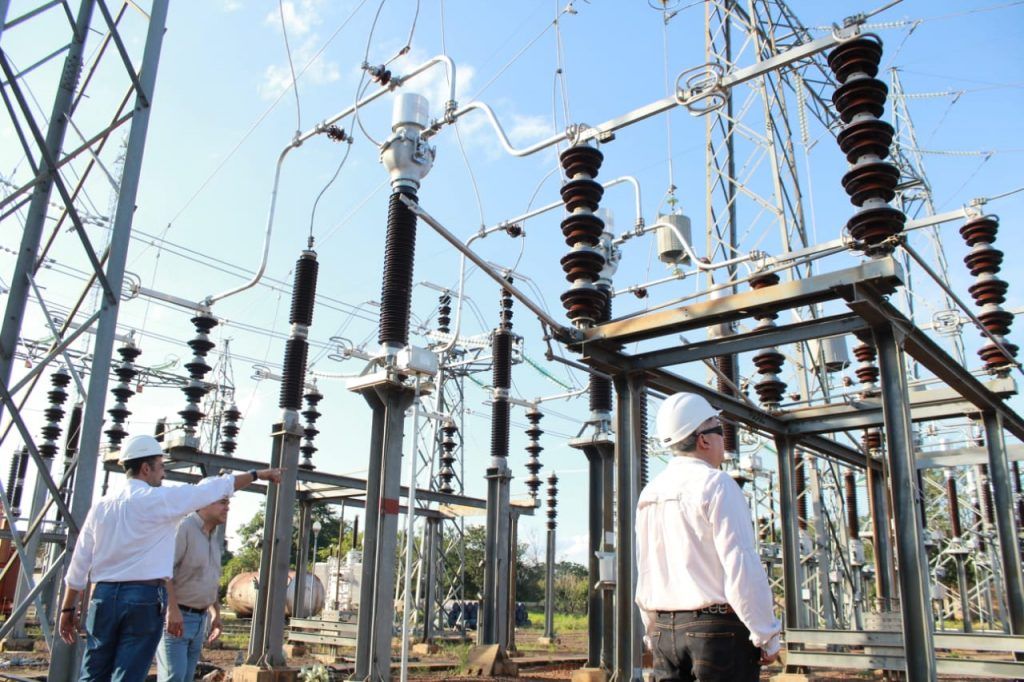The National Council of the Maquiladora and Export Manufacturing Industry (Index) ruled in favor of strengthening the Federal Electricity Commission (CFE), without incurring subsidies.
«If the CFE does not have resources, what mathematics tells us is that energy is going to be more expensive,» said Luis Manuel Hernández, president of the Index.
«What we cannot allow is that we begin to enter subsidy schemes, when we enter subsidy schemes we hurt the country», he immediately limited, when participating in the Open Parliament of the Electricity Reform.
The Index calls for clear rules on the operation of the Federal Electricity Commission (CFE), the National Center for Energy Control (Cenace) and the Energy Regulatory Commission (CRE).
Hernández explained that at this juncture the rules and controls that each of these entities will have must be defined.
Until now, he considered that «the speed» with which they perform «is not necessary»
CFE
He also urged the establishment of an efficient legal framework for electricity to support companies, including those in the automotive and aeronautical sectors, to comply with new international regulations on emissions and carbon dioxide controls.
Hernández indicated that the new rules established for the electricity industry must give certainty to long-term investors, because their business decisions consider a horizon of at least five years.
The new rules would make it possible to enhance the advantages offered to investors by the Treaty between Mexico, the United States and Canada (USMCA) and the trade war between the United States and China.
FTA
The USMCA does not have an energy chapter and transfers some of NAFTA’s energy provisions to other parts of the agreement.
Thus, the USMCA adds a new chapter that specifically recognizes Mexico’s constitutional prohibitions on foreign investment or ownership of Mexico’s energy sector.
Other provisions in the USMCA, such as investor-state dispute resolution (ISDS) provisions regarding Mexico’s energy sector, would help protect private US energy projects in Mexico.
NAFTA (predecessor of USMCA) included exceptions and explicit reservations for specific countries, including the energy sector in Mexico.
In the energy chapter of NAFTA, the three parties ratified respect for their constitutions.
This was of particular importance to Mexico and its 1917 Constitution, which established Mexican national ownership of all hydrocarbon resources.
According to an analysis of the United States Congress, under NAFTA, the Mexican government reserved strategic activities, including investments and provisions in said activities, related to the exploration and exploitation of crude oil, natural gas and basic petrochemicals.
Mexico also reserved the right to provide electricity as a public service within the country.
Despite these NAFTA exclusions, energy remains a central component of trade between the United States and Mexico.
![]()

